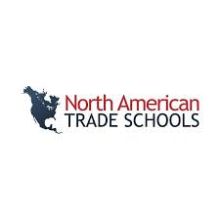North American Trade Schools
Selected Programs at North American Trade Schools
Explore programs at North American Trade Schools. This list is curated by SkillPointe to match skills-based industries and careers that don't require a four-year degree.
Browse Training Programs (7)
Address
6901 Security Blvd Suite 16
Baltimore, MD 21046
Baltimore, MD 21046
Phone number
410-298-4844

